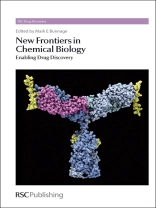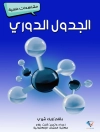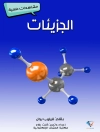Despite ever-increasing investment in biomedical research, there has been a significant decline in the number of new drug approvals in recent years. In an effort to improve productivity, the drug discovery community has increasingly looked to biotherapeutics such as antibodies, vaccines, nucleic acids, and peptides.
Chemical biology is an emerging field at the interface between chemistry and biology. It utilises the tools and techniques of chemical synthesis to study and influence biological systems. Recent developments in this area have great potential in addressing the productivity challenges expressed above. For example, chemical biology studies have already led to the identification of novel targets with exciting therapeutic potential and it is clear that the field will prove a key enabler of target discovery in the future. Moreover, the precise synthetic manipulation of biological molecules involved in many chemical biology approaches is now fuelling a new wave of chemically-modified biologics, ’chemologics’, with unique properties. In these, and many other ways, chemical biology is a key discipline within 21st century drug discovery and the purpose of this book is to highlight the most important developments. It provides a valuable resource for scientists in academia and industry who are looking to build their knowledge of this hot topic.
The individual chapters cover crucial areas including chemical proteomics, chemical genetics, post-translational modifications, epigenetics, RNA interference, PROTACS, antibody-drug conjugates, and chemologics.
Innehållsförteckning
Chemical Proteomics;
Chemical Genetics;
Chemical Biology of Post-Translational;
Modifications;
Chemical Biology of Epigenetics;
RNA Interference;
Proteolysis Targeting;
himeric Molecules (PROTACS);
Antibody-Drug Conjugates;
Chemologics: New Therapeutics at the Interface of Chemistry and Biology;
Om författaren
Mark read chemistry at the University of Durham, completed his DPhil with Professor S.G. Davies at the University of Oxford, and then moved to The Scripps Research Institute to work with Professor K.C. Nicolaou as a NATO postdoctoral fellow. Mark joined Pfizer in the UK as a medicinal chemist in 1996 and since then has assumed a number of roles of increasing responsibility. Mark is currently the Head of Medicinal Chemistry for Pfizer in Sandwich. Mark has broad interests in medicinal chemistry and is an author or inventor on over 50 publications and patents.












